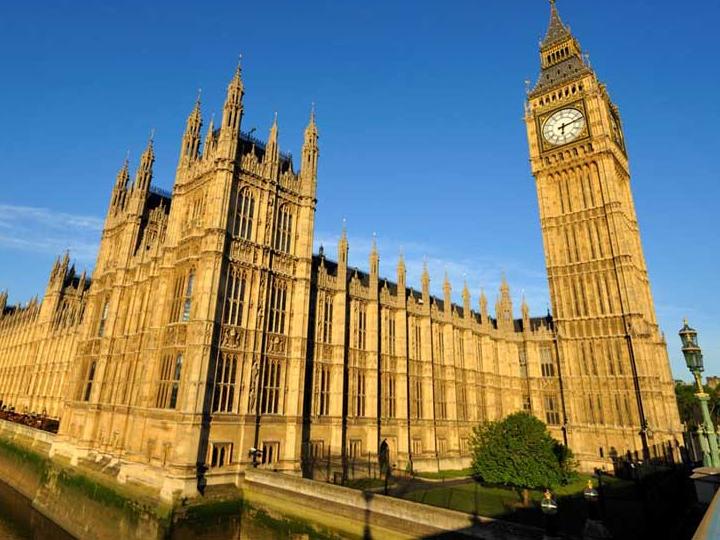
Brian Sims
Editor

Brian Sims
Editor
THE GOVERNMENT has set out its proposals on a new Protect Duty: a legal requirement for public places to ensure preparedness for – and protection from – terrorist attacks. The Protect Duty delivers on a Conservative Party Manifesto commitment to improve the safety and security of public venues and spaces, drawing on lessons learned from previous terrorist incidents.

Put forward in a newly-launched consultation process, the proposals have been championed by victims’ groups, including the Martyn’s Law campaign. This was established by Figen Murray who tragically lost her son, Martyn Hett, in the Manchester Arena terrorist attack.
Hett was one of 23 people who died as a result of the episode on 22 May 2017 when an Islamist extremist suicide bomber – subsequently identified as Salman Ramadan Abedi, a 22-year-old local man of Libyan ancestry – detonated a shrapnel-laden home-made bomb as people were leaving the venue following a concert by popular American singer Ariana Grande.
More than 800 individuals were wounded, some of them children. Several hundred more suffered psychological trauma.
After initial suspicions of a terrorist network, Greater Manchester Police later said that they believed Abedi had largely acted alone, but that others had been aware of his plans. In March last year, the bomber's brother – namely Hashem Abedi – was found guilty of 22 counts of murder in relation to the attack. The incident was the deadliest terrorist attack and the first suicide bombing in the UK since the London bombings that occurred on 7 July 2005.
Figen Murray commented: “This is a major stride towards making our country safer from terror attacks. I want to thank the Government for taking this step. To make Martyn’s Law a reality is a huge relief, and I now look forward to it making a lasting difference thanks to all of those who’ve supported it.”
Murray has advocated airport-style security checks to be mandatory at major sporting and entertainment venues. According to the Home Office, the draft law will require venue operators to consider the risk of a terrorist attack and take “proportionate and reasonable measures” to protect the public from an attack.
Strongest possible action
Speaking about the consultation, Home Secretary Priti Patel stated: “I’ve heard first hand from those who’ve sadly lost loved ones in horrific terror attacks and thank them for their tireless work to ensure others don’t share their tragedy.
This Government has already taken significant steps to amend our powers and strengthen the tools for dealing with the developing terrorist threats we face, and the public can rest assured that we will always take the strongest possible action to protect our national security. That’s why we want all organisations responsible for public venues and spaces to put public safety and security first.”
A spokesperson for the Counter-Terrorism Policing Business Independent Advisory Group and the Counter-Terrorism Business Information Exchange added: “We welcome this consultation initiative. It’s in the public interest for the Government and business to work together to ensure people are as protected as possible when they’re visiting venues, retail areas and other publicly accessible spaces. This initiative gives us an opportunity to make sure that we’re doing all we can to keep people safe. We look forward to collaborating with the Government in order to provide the public with the best possible protection against those who wish us harm.”
Now live, the consultation process will run for 18 weeks and seek views on whom the Protect Duty should apply to, what it will require stakeholders to do, how compliance should work and how the Government can support those in scope.
While subject to consultation, the intention is that the Protect Duty would apply to specified owners and operators of public venues, large organisations and those responsible for public spaces. It would require those in scope to consider terrorist threats and consider and implement appropriate and proportionate protective security and organisational preparedness measures.
The Government continues to engage with a range of businesses and industries in encouraging them to adopt Best Practice, as well as working alongside Counter-Terrorism Policing and the Centre for the Protection of National Infrastructure in a determined bid to extend the reach of appropriate advice, guidance and training across all sectors.
*The full consultation document may be viewed online
Dorset House
64 High Street
East Grinstead
RH19 3DE
UNITED KINGDOM
01342 31 4300